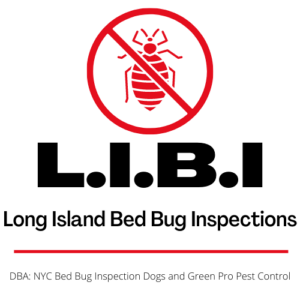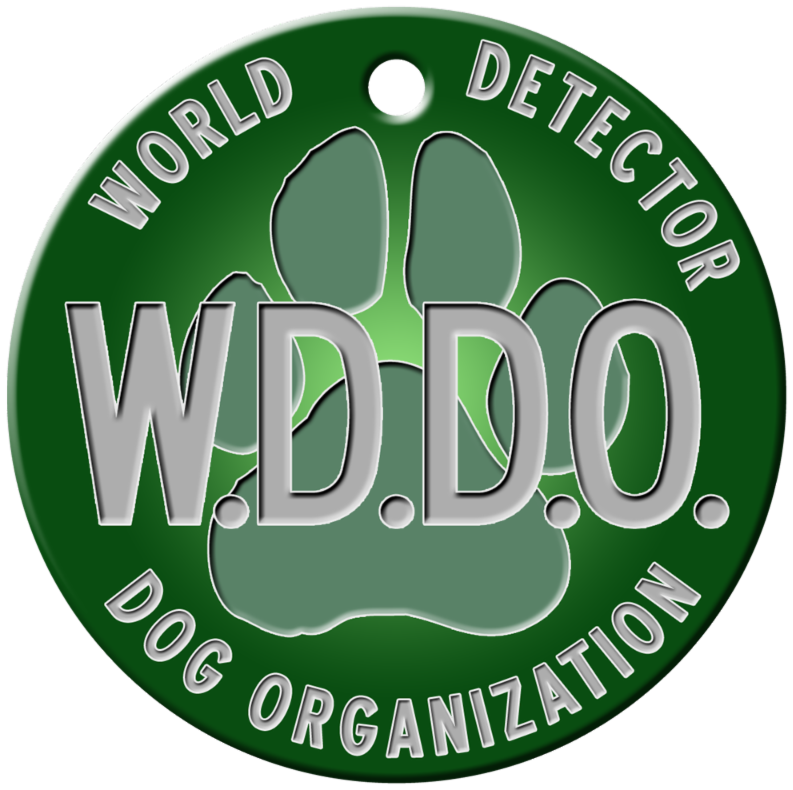Bed bugs have become a growing problem throughout the country, causing physical and emotional distress to millions of American families. Over the years a variety of new treatment methods have been introduced to help combat these troublesome pests. Many of these innovative new treatment strategies were designed to offer a chemical-free option to bed bug control
While these alternative treatment options are effective, they’re not always the best choice for families or businesses dealing with large scale infestations. In most cases traditional bed bug treatments – those involving chemical pesticides and pesticidal dusts – remain the industry standard for pest control management. These methods have been used for decades due to their effectiveness, affordability, and widespread availability.
Let’s look at a few of the more important benefits of these so-called traditional bed bug treatments.
Effectiveness
In the final analysis, all pest control strategies must be judged by their effectiveness. Traditional bed bug treatments have a proven history of success. The pesticides used to control and eliminate bed bugs are designed to target the insect’s nervous system, killing them on contact or shortly after exposure. These products are effective against all stages of the bed bug life-cycle, making them a reliable tool for eliminating infestations.
Additionally, residual sprays and insecticidal dusts remain active for weeks or even months after application. This provides ongoing protection against re-infestation and ensures that any bed bugs missed during initial treatments are still exposed to the pesticide.
Affordability
One of the most important advantages of traditional treatment methods is their cost-effectiveness. Compared to high-tech solutions like heat treatments, which require specialized equipment and highly trained operators, chemical treatments are generally much more affordable. This is particularly true when addressing smaller and more localized infestations. For homeowners and business managers on a budget traditional treatment methods offer a cost conscious solution to their pest control needs.
Scalability
While traditional chemical treatments can be used to target bed bug hot spots they are also particularly well suited for severe infestations. Some of the more modern methods tend to be less effective when dealing with larger bed bug populations. Chemical pesticides can applied repeatedly to ensure complete elimination. Professional pest companies often rely on a multi-visit approach when using traditional methods to systematically eradicate bed bugs over time.
The scalability of traditional treatments also extends to larger spaces such as hotels, office blocks, and multi-unit apartment buildings. These environments often require comprehensive treatment plans that include the application of residual sprays and dusts to common areas as well as individual units to fully eliminate an infestation. Traditional methods are well positioned to handle these unique demands.
Compatibility with Integrated Pest Management
Integrated pest management (IPM) strategies emphasize a combination of methods to maintain effective pest control. Traditional treatment options are easily compatible with most IPM plans. For example, chemical treatments are often used in conjunction with encasements, monitoring, and inspections to maintain bed bug free environments. By integrating traditional pesticides into a broader pest management plan homeowners and business managers can achieve the long last results they desire.
Familiarity
The public at large are familiar with most traditional pest control strategies and trust in their efficacy. Many people are more comfortable using methods they recognize and understand rather than experimenting with less familiar treatment options. There is a confidence in traditional chemical treatment methods that makes them the go to solution for many families and business owners dealing with a bed bug crisis.
Safety
Chemical pesticides used in traditional bed bug treatments are subject to rigorous testing and are strictly regulated by the EPA. These regulations ensure that the chemicals used are safe for the public. Recent advancements in pesticide formulations have led to the development of safer products that pose minimal risks to humans and pets.
Professional pest control companies also have strict protocols for applying these chemical pesticides, further enhancing public safety. Technicians are trained to identify the most effective and least invasive methods of combating infestations while protecting the health of their clients.
Residual Efficacy
On of the major advantages of traditional chemical treatments is the ongoing protection they provide. Insecticidal dusts, for example, can remain effective for extended periods when applied to cracks and crevices where bed bugs like to hide. This not only eliminates existing bed bugs, it also helps to prevent re-infestation by targeting any new arrivals. This is particularly helpful for hotels and other multi-unit environment in need of long-term protection.
Traditional bed bug treatments continue to hold an important place in modern pest control efforts. Their proven effectiveness, affordability, and long-term residual protection make them an attractive option for homeowners and businesses dealing with a bed bug infestation. When used as part of an Integrated Pest Management strategy the provide scalable, lasting solutions for even the most challenging of bed bug incursions. While newer methods definitely have their place, traditional treatment methods continue to endure as effective and popular tools in the fight against bed bugs.
Published by Scott Palatnik
We are Bedbug Inspection & Elimination specialists.
From Manhattan to Montauk and all points in between.
Got questions?
We got answers.
Give us a call @ 516-619-6149


